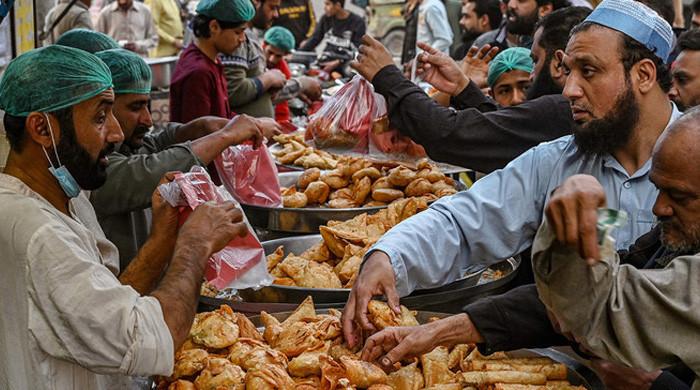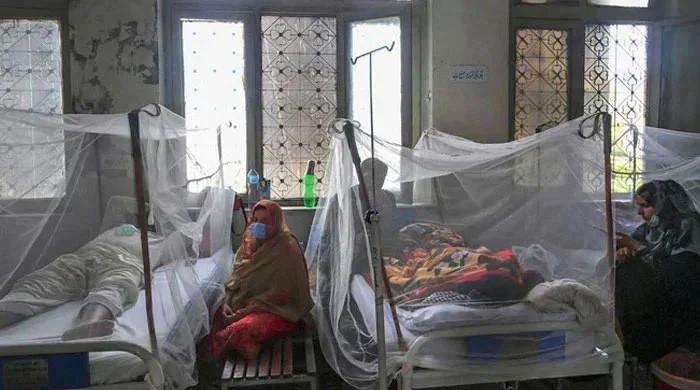Mpox outbreak in African countries could become a global concern: WHO
WHO director general gathers experts to determine if virus is "public health emergency of international concern"
August 09, 2024

Cases of mpox in African countries are on the rise. The increase in cases is so rapid that it is being feared and speculated that the virus could turn into a pandemic.
The virus spreading across borders is an infectious disease and the symptoms include flu, fever, chills and deep muscle aches. These are just the beginning and they are followed by a rash cycle which takes the shape of raised spots in the beginning and later takes on the shape of blisters filled with fluid. The last stage of the rash is scabs all over the body.
It is important to know that an Africa Centres for Disease Control and Prevention (Africa CDC) briefing stated that 34 African nations are either reporting virus cases or are on the verge of high risk of outbreak.
According to the Guardian, the Congo is experiencing an alarming outbreak with more than 14,000 cases of mpox and 511 deaths due to the virus since the start of this year.
Mpox cases in the Democratic Republic of Congo are nothing unusual but what concerns health officials is that the figures of cases reported and deaths this year are equal to the statistics of the entire year of 2023.
Moreover, the disease has spread to territories that were previously unaffected, including provinces of the DRC and its neighbouring countries of Burundi, Kenya, Rwanda and Uganda.
The virus has two different types known as clade I — formerly known as the Congo Basin clade — and clade II known as the West African clade.
However, a branch from clade I has sprouted which is being called clade Ib and this variant is the reason for the escalation of the mpox virus.
The question arises as to how the virus is even spreading. The clade I spread by people eating infected bushmeat. As for the clade Ib, it spreads from person to person, mostly from sexual contact and sometimes through other physical contact or contaminated household items.
World Health Organization’s (WHO) mpox overseer, Dr Rosamund Lewis has stated, “We don’t know that it’s more transmissible, but it is transmitting through an efficient mode.”
Dr Jean Kaseya, the head of Africa CDC determines that the increase in cases comes in due to high levels of insecurity in Africa and the ongoing climate destruction is causing humans to come closer, resulting in the virus easily spreading among populations.
The virus is crossing borders as the infected and untested people are travelling.
Also, the Guardian reports that in Congo more than 70% of the infected are children under the age of 18. This could be due to the underdevelopment of their immune system, and malnourishment leaving the children more exposed and vulnerable in the face of the fatal disease.
As for deciding if the disease can result in an international outbreak, WHO Director General Dr Tedros Adhanom Ghebreyesus is gathering and addressing experts to determine if the mpox epidemic in Africa can become a “public health emergency of international concern”.











